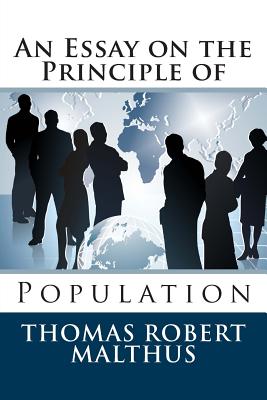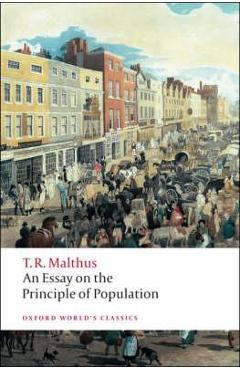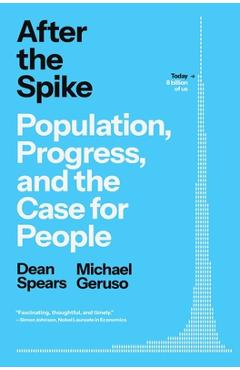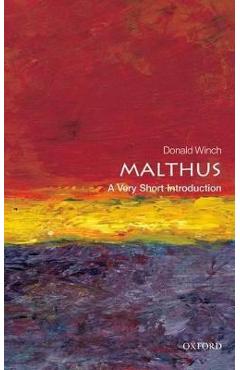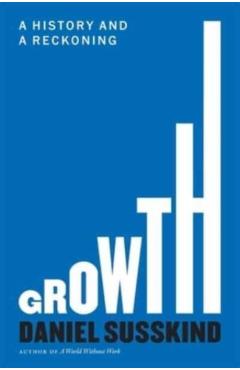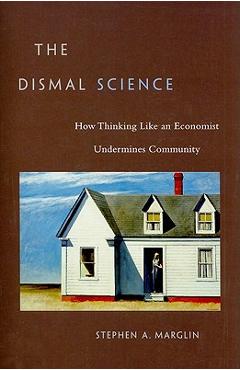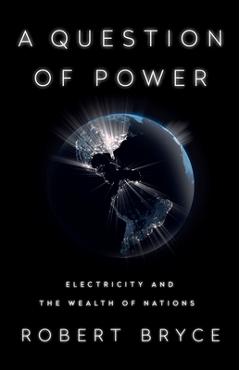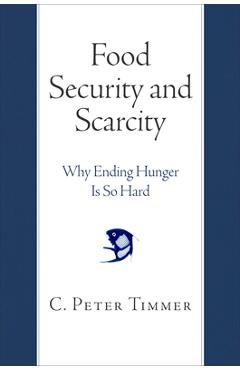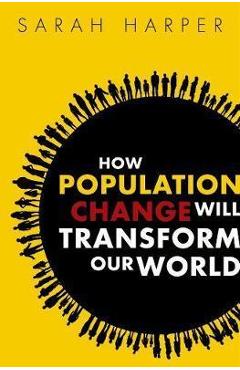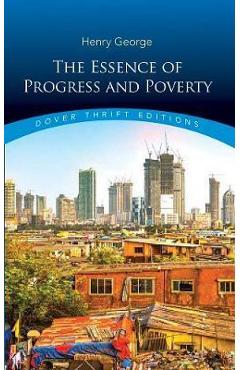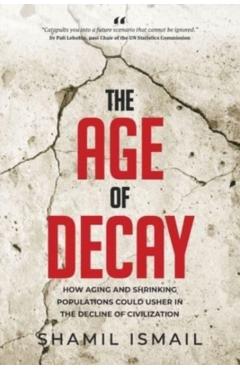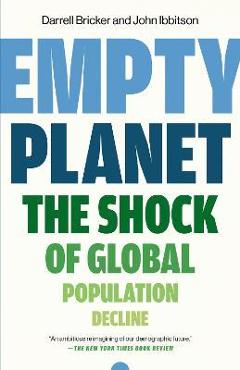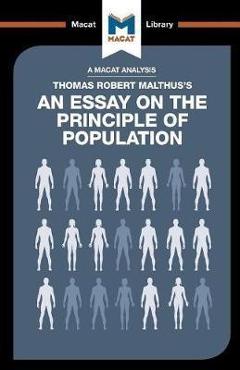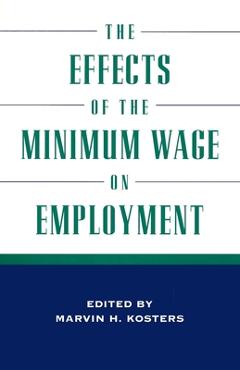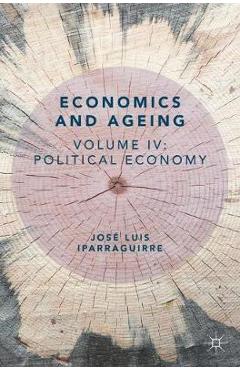Thomas Robert Malthus (1766-1834) was a British scholar, influential in political economy and demography. Malthus popularized the economic theory of rent. Malthus has become widely known for his theories concerning population and its increase or decrease in response to various factors. The six editions of his An Essay on the Principle of Population, published from 1798 to 1826, observed that sooner or later population gets checked by famine and disease. He wrote in opposition to the popular view in 18th-century Europe that saw society as improving and in principle as perfectible. William Godwin and the Marquis de Condorcet, for example, believed in the possibility of almost limitless improvement of society. So, in a more complex way, did Jean-Jacques Rousseau, whose notions centered on the goodness of man and the liberty of citizens bound only by the socia1 contract - a form of popular sovereignty. Malthus thought that the dangers of population growth would preclude endless progress towards a utopian society: "The power of population is indefinitely greater than the power in the earth to produce subsistence for man".] As an Anglican clergyman, Malthus saw this situation as divinely imposed to teach virtuous behavior. Malthus placed the longer-term stability of the economy above short-term expediency. He criticized the Poor Laws and (alone among important contemporary economists) supported the Corn Laws, which introduced a system of taxes on British imports of wheat. He thought these measures would encourage domestic production, and so promote long-term benefits. Malthus became hugely influential, and controversial, in economic, political, social and scientific thought. Many of those whom subsequent centuries term evolutionary biologists read him, notably Charles Darwin and Alfred Russel Wallace, for each of whom Malthusianism became an intellectual stepping-stone to the idea of natural selection. Malthus remains a writer of great significance and controversy.
